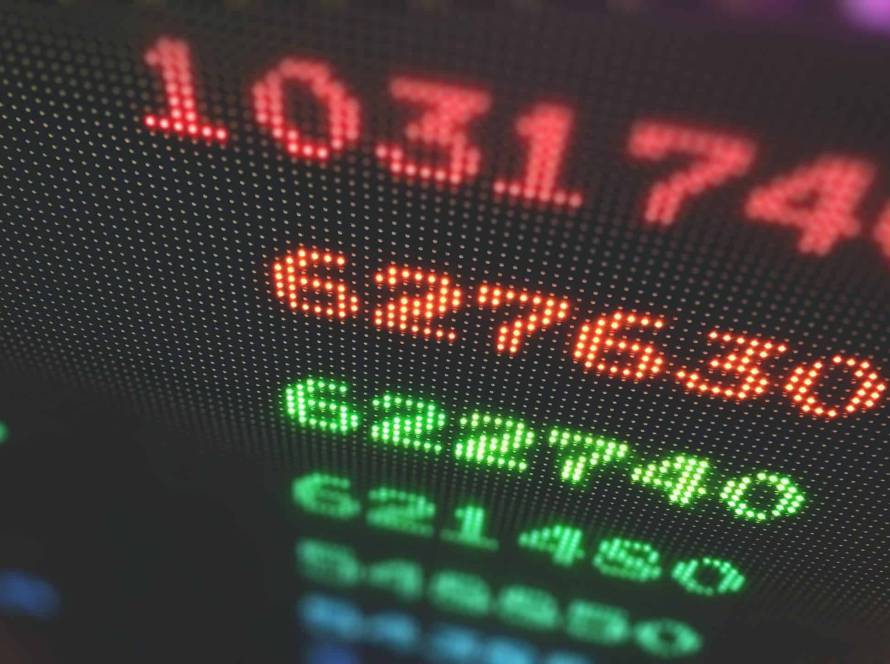There are several reasons why most retail traders lose money in the stock market. One of the main reasons is that many retail traders do not have a good understanding of the markets and how they work. They may lack the knowledge, experience, and discipline needed to make informed trading decisions. This can lead them to make costly mistakes, such as buying or selling at the wrong time or investing in risky assets.
Another reason why many retail traders lose money is that they often trade on emotions, rather than following a disciplined trading strategy. This can cause them to make impulsive decisions that are not based on solid analysis, which can result in significant losses. One of the most powerful resources for many of our customers in this area, has been a book written by trading psychologist, Mark Douglas. In his book, "Trading in the Zone", Douglas forces traders to closely examine this psychological element of their trading. Many of our customers read his book once a quarter as to remind themselves that trading is really a numbers game - exploiting a statistically relevant edge over time.
Furthermore, the stock market can be unpredictable, and even the most experienced traders can sometimes make mistakes or encounter unexpected events that result in losses. This is why it is important for retail traders to carefully manage their risks and not invest more money than they can afford to lose.
Overall, the combination of a lack of knowledge and experience, emotional trading, and the inherent unpredictability of the stock market can make it difficult for retail traders to consistently make profitable trades. We believe our predictive indicators for futures, forex, and equities traders can assist with many of these problems early on - giving traders a psychological edge with simple rules based systems with signals they know are coming in the future which reduces psychological anxiety.
Contact us today if you'd like more information about our 4.9 star rated software and training programs.


